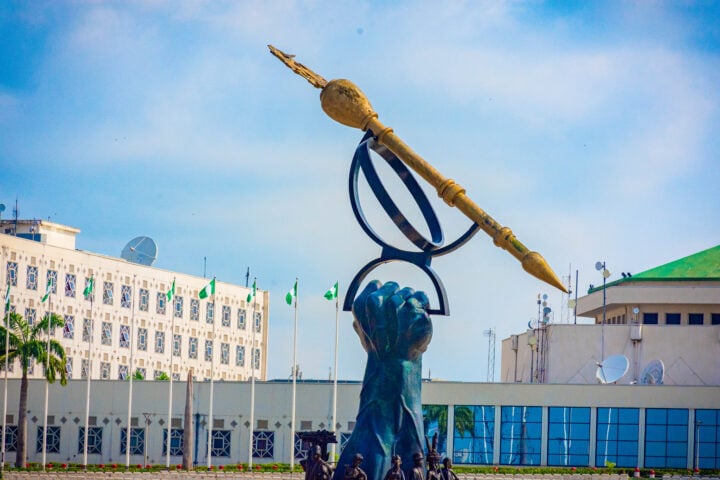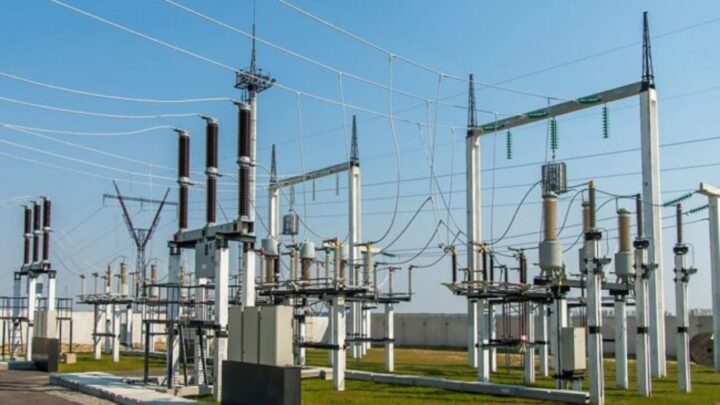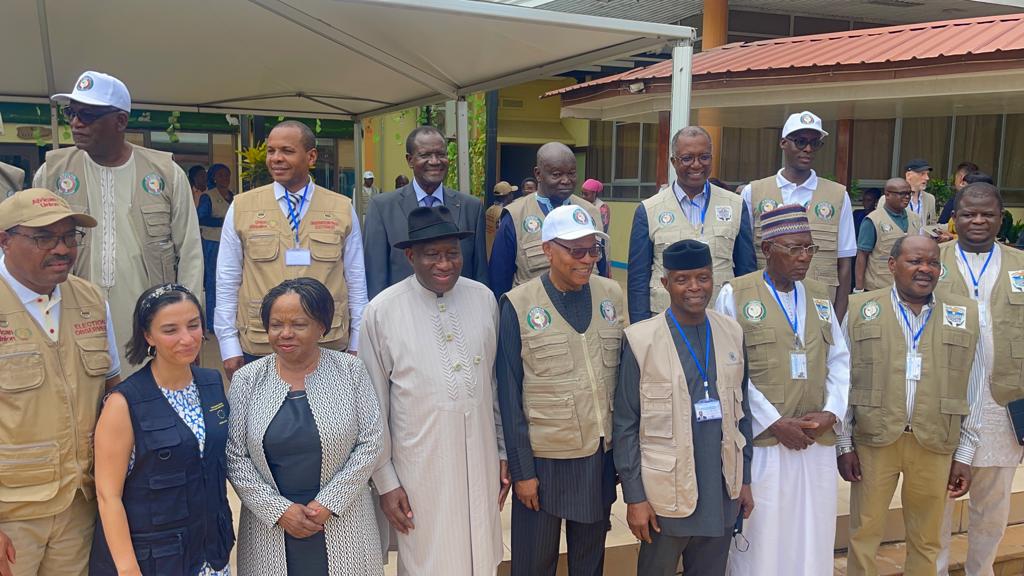The national assembly
BY JAMES SUNDAY
As Nigeria’s national assembly reconvenes from recess, marking the beginning of a new legislative session, the nation holds its breath with hope and expectation. With the appointment of principal officers, a crucial phase commences — one where the lawmakers must transcend party lines and affiliations, prioritizing the interests of the Nigerian people above all else.
The task at hand is straightforward: the parliament must uphold its constitutional duty to hold the executive branch accountable, ensuring good governance and a departure from the rubber-stamp practices of the past.
Nigeria, with its vast human and natural resources, has the potential to flourish under the right leadership and robust democratic institutions. However, for too long, the national assembly has struggled to assert its authority and fulfil its role as a check and balance on the executive branch. The previous assembly, often seen as a mere rubber stamp for the executive’s agenda, demonstrated the urgent need for a transformation in the relationship between the two branches of government.
Advertisement
To rekindle the faith of the Nigerian people in their democracy, the national assembly must prioritise the welfare and aspirations of its citizens. This entails rising above partisan divisions and working towards consensus-based decision-making where the interests of the nation prevail over individual or party gains. The parliamentarians must embrace a selfless commitment to the greater good, focusing on formulating laws that address the pressing challenges faced by Nigerians today.
The crucial role of oversight
Accountability lies at the core of democratic governance, and oversight plays a pivotal role in upholding this fundamental principle. As the national assembly resumes its duties, it must exercise robust oversight over the executive branch to ensure that policies are implemented in a manner that benefits the Nigerian people. This oversight should encompass legislative and executive actions, such as scrutinising proposed bills, monitoring the allocation and utilisation of public funds, and evaluating the effectiveness of government programmes.
Advertisement
The journey towards a more accountable and effective national assembly will not be without its challenges. Partisan divisions often hamper the progress of legislative bodies, hindering the passage of critical bills and obstructing cooperation between opposing factions. However, the time has come for Nigerian lawmakers to transcend these divisions, recognising that their primary allegiance lies with the citizens they represent. By prioritising national interest over party affiliations, parliamentarians can pave the way for a more inclusive and participatory democracy.
A paradigm shift in lawmaking
As Nigeria eagerly awaits the appointment of ministers and the formation of the executive cabinet, the national assembly must demonstrate its unwavering commitment to its constitutional responsibilities.
Gone are the days when the assembly rubber-stamped executive decisions without due scrutiny. Instead, this new legislative session should herald a paradigm shift—a departure from the old ways, marked by robust debates, thoughtful deliberation, and the enactment of laws that genuinely serve the best interests of the Nigerian people.
Advertisement
The 10th national assembly presents an opportune moment for the nation to redefine its democratic trajectory. Lawmakers must rise above partisan politics and prioritise the interests of the people. Through rigorous oversight and a steadfast commitment to accountability, the national assembly can reshape the power dynamics between the legislature and the executive branch, fostering a more participatory and effective system of governance. Let this be a new dawn for Nigeria — a dawn where politics gives way to governance, and the collective well-being of Nigerians takes precedence over all else.
James, a development communications expert, writes from Abuja
Views expressed by contributors are strictly personal and not of TheCable.
Add a comment






